Microsoft believes the UK can become a "global leader in AI", but regulation needs fixing
Microsoft has pledged to bolster AI investment in the UK, but has called for a broader legal and regulatory framework to ensure safety
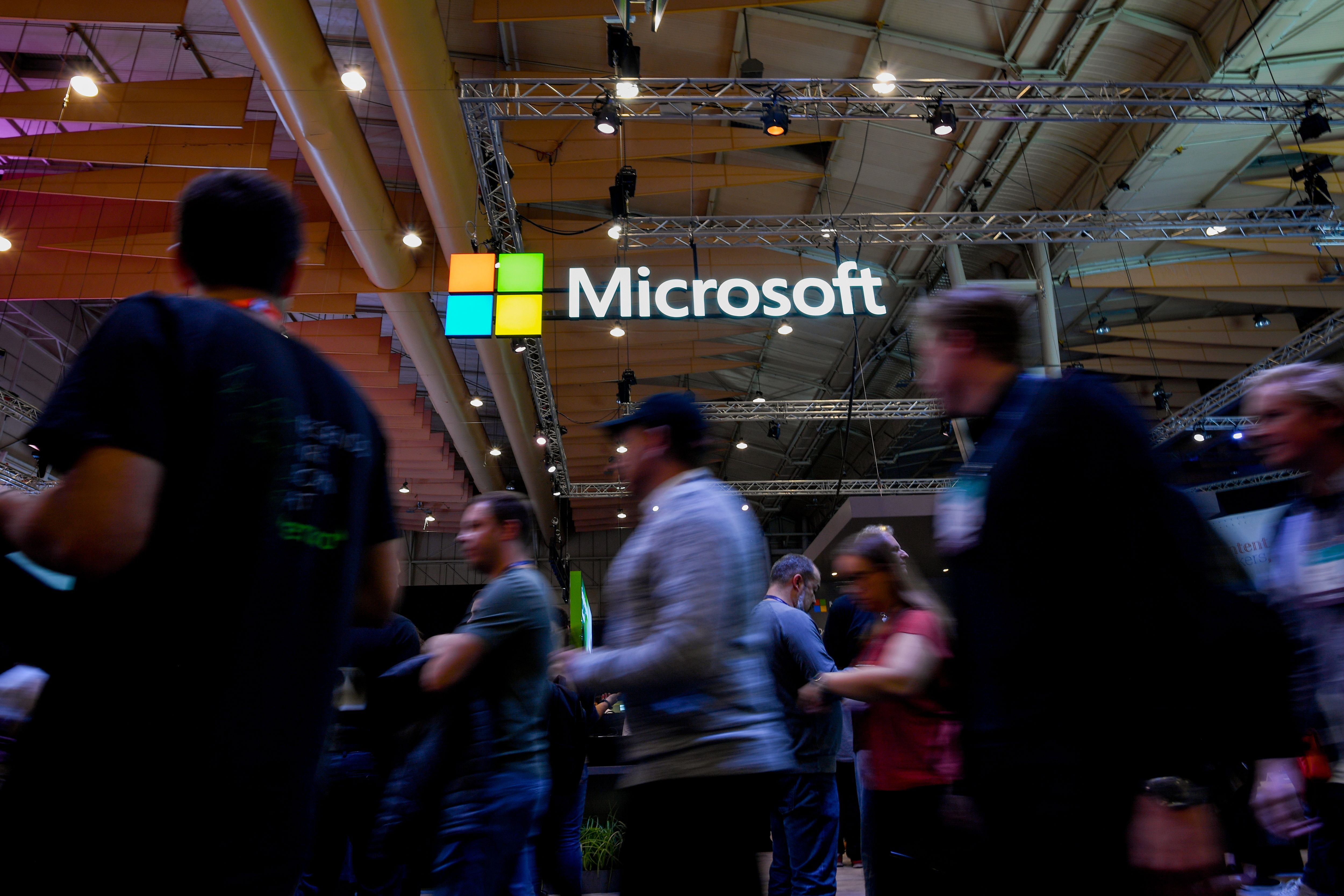

Microsoft believes the UK can become a global leader in artificial intelligence (AI) so long as it can get a grip on responsible governance and regulation of the technology.
Clare Barclay, CEO of Microsoft UK, said the country is “well placed” to establish itself as a global leader in AI across a range of industries, including healthcare, education, manufacturing, and agriculture.
"As one of the most digitally advanced economies in the world, the UK is well placed to lead the way in AI development and deployment. The home of innovative businesses, research institutions and world leading universities, the UK is quick to adopt emerging technologies and use them to solve real-world challenges," she said.
"For example, AI is helping improve patient outcomes in the National Health Service; monitor puffin and salmon populations in Scotland; and accelerate clinical research."
Barclay’s comments coincide with the release of a new report from the tech giant, Governing AI: A Blueprint for the UK, in which it specifically highlighted the country as having the necessary infrastructure to drive AI innovation.
Over the next three years, says Microsoft, it will spend £2.5 billion on expanding its AI data center infrastructure in the UK, bringing more than 20,000 of the most advanced GPUs to the UK by 2026.
It will extend its Accelerating Foundation Models Research (AFMR) program to give priority access to GPUs for the UK’s science and research community, the company confirmed, and make a multi-million-pound investment to train a million people in AI skills.
Get the ITPro daily newsletter
Sign up today and you will receive a free copy of our Future Focus 2025 report - the leading guidance on AI, cybersecurity and other IT challenges as per 700+ senior executives
RELATED WEBINAR

In particular, it plans to try and help the UK’s AI developer ecosystem to embed safety and security measures into their own systems and processes.
"We applaud the steps taken by the UK to contribute to the debate on AI governance globally, through publishing guidelines for secure AI development, producing a principles-based white paper on AI governance, and holding a global summit on AI safety," said Microsoft vice chair and president Brad Smith.
"The challenge facing policymakers around the world is how to establish a governance framework that will encourage the use of safe, secure and trustworthy AI for years to come."
Microsoft: AI safety must be center of mind
Microsoft recommended that the UK build upon new government-led AI safety frameworks, require safety brakes for AI systems that control critical infrastructure, and develop a broader legal and regulatory framework based on the technology architecture for AI.
Similarly, it should promote transparency and ensure academic and public access to AI and pursue new public-private partnerships to use AI to address the inevitable societal challenges that come with new technology.
"As technology moves forward, it’s just as important to ensure proper control over AI as it is to pursue its benefits. We are committed and determined as a company to develop and deploy AI in a safe and responsible way," Smith said.
"We also recognize, however, that the guardrails needed for AI require a broadly shared sense of responsibility and should not be left to technology companies alone. In short, tech companies will need to step up, and governments will need to move faster."
Emma Woollacott is a freelance journalist writing for publications including the BBC, Private Eye, Forbes, Raconteur and specialist technology titles.
-
 Bigger salaries, more burnout: Is the CISO role in crisis?
Bigger salaries, more burnout: Is the CISO role in crisis?In-depth CISOs are more stressed than ever before – but why is this and what can be done?
By Kate O'Flaherty Published
-
 Cheap cyber crime kits can be bought on the dark web for less than $25
Cheap cyber crime kits can be bought on the dark web for less than $25News Research from NordVPN shows phishing kits are now widely available on the dark web and via messaging apps like Telegram, and are often selling for less than $25.
By Emma Woollacott Published
-
 Microsoft launches new security AI agents to help overworked cyber professionals
Microsoft launches new security AI agents to help overworked cyber professionalsNews Microsoft is expanding its Security Copilot service with new AI agents to help overworked IT teams deal with surging security threats.
By Bobby Hellard Published
-
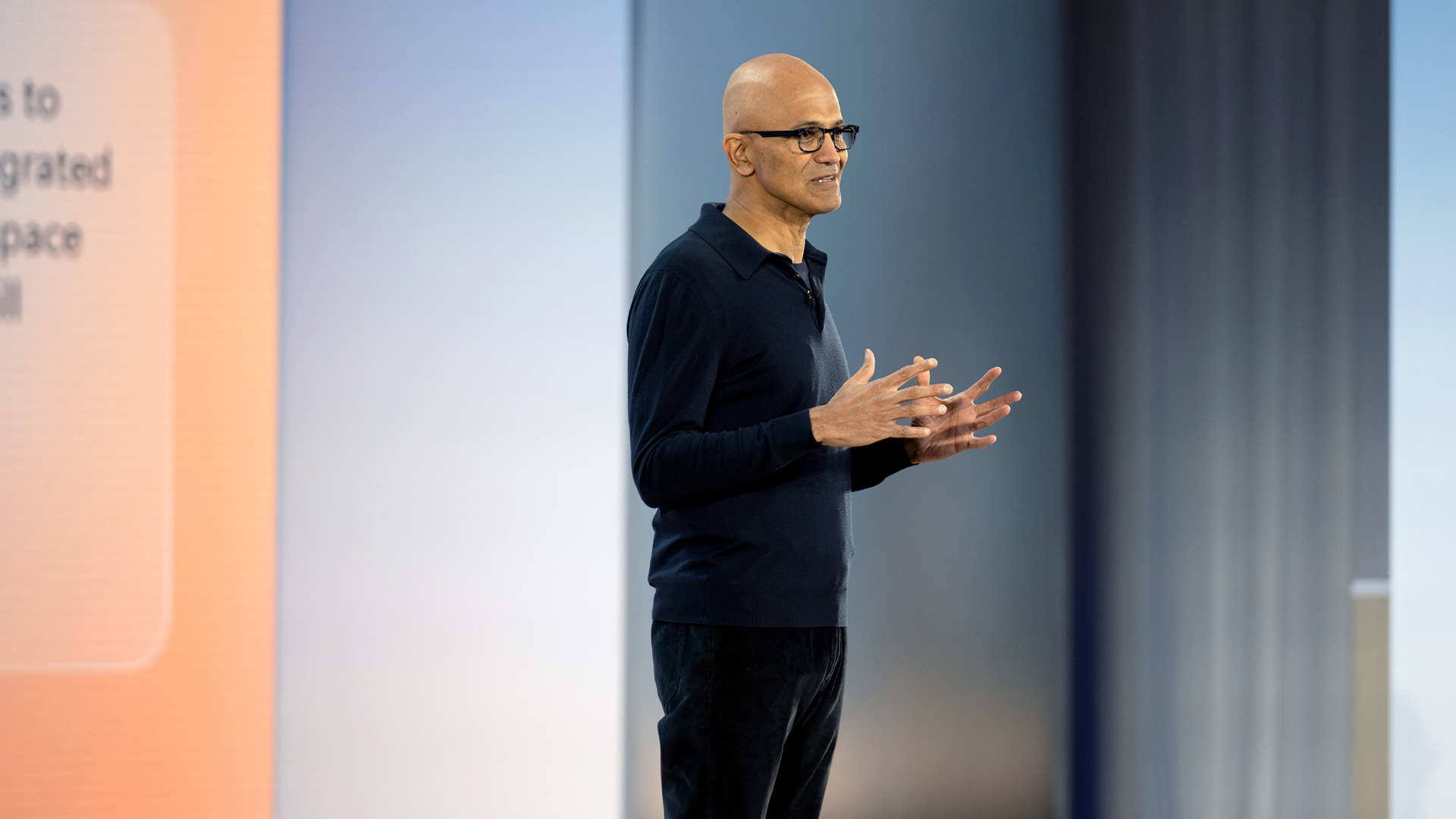 ‘The entire forecasting business process changed’: Microsoft CEO Satya Nadella says Excel changed the game for enterprises in 1985 – he’s confident AI tools will do the same
‘The entire forecasting business process changed’: Microsoft CEO Satya Nadella says Excel changed the game for enterprises in 1985 – he’s confident AI tools will do the sameNews The Microsoft CEO says we need to change how we measure the value of AI
By George Fitzmaurice Published
-
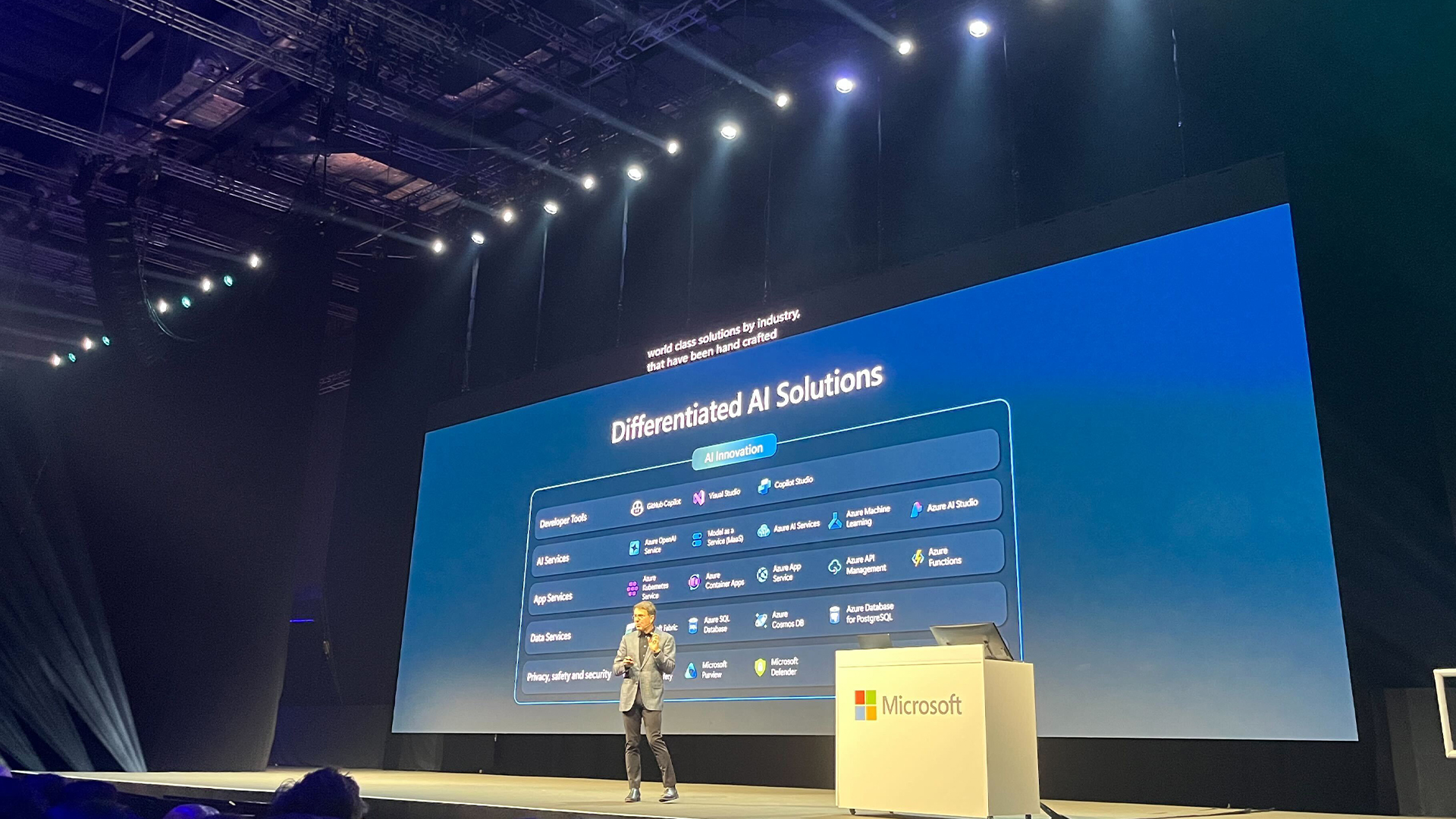 Microsoft exec touts benefits of AI productivity gains
Microsoft exec touts benefits of AI productivity gainsNews Microsoft CCO Judson Althoff said the company is unlocking significant efficiency gains from AI tools internally.
By George Fitzmaurice Published
-
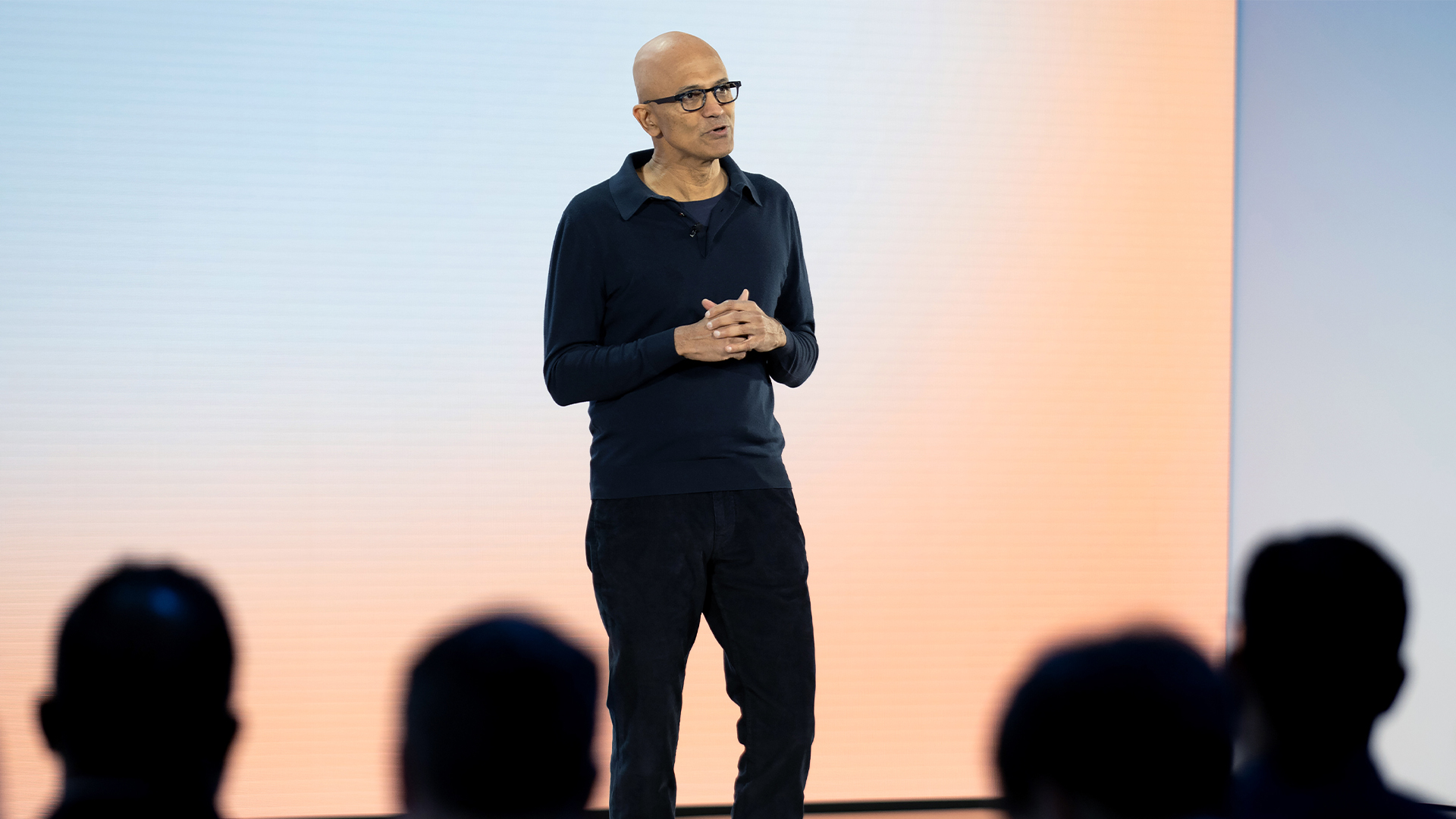 ‘We’ve created an entirely new state of matter’: Satya Nadella hails Microsoft’s 'Majorana' quantum chip breakthrough
‘We’ve created an entirely new state of matter’: Satya Nadella hails Microsoft’s 'Majorana' quantum chip breakthroughNews Microsoft has unveiled a new chip it says could deliver quantum computers with real-world applications in ‘years, not decades'.
By Emma Woollacott Published
-
 Microsoft says AI tools such as Copilot or ChatGPT are affecting critical thinking at work – staff using the technology encounter 'long-term reliance and diminished independent problem-solving'
Microsoft says AI tools such as Copilot or ChatGPT are affecting critical thinking at work – staff using the technology encounter 'long-term reliance and diminished independent problem-solving'News Research from Microsoft suggests that the increased use of AI tools at work could impact critical thinking among employees.
By Nicole Kobie Published
-
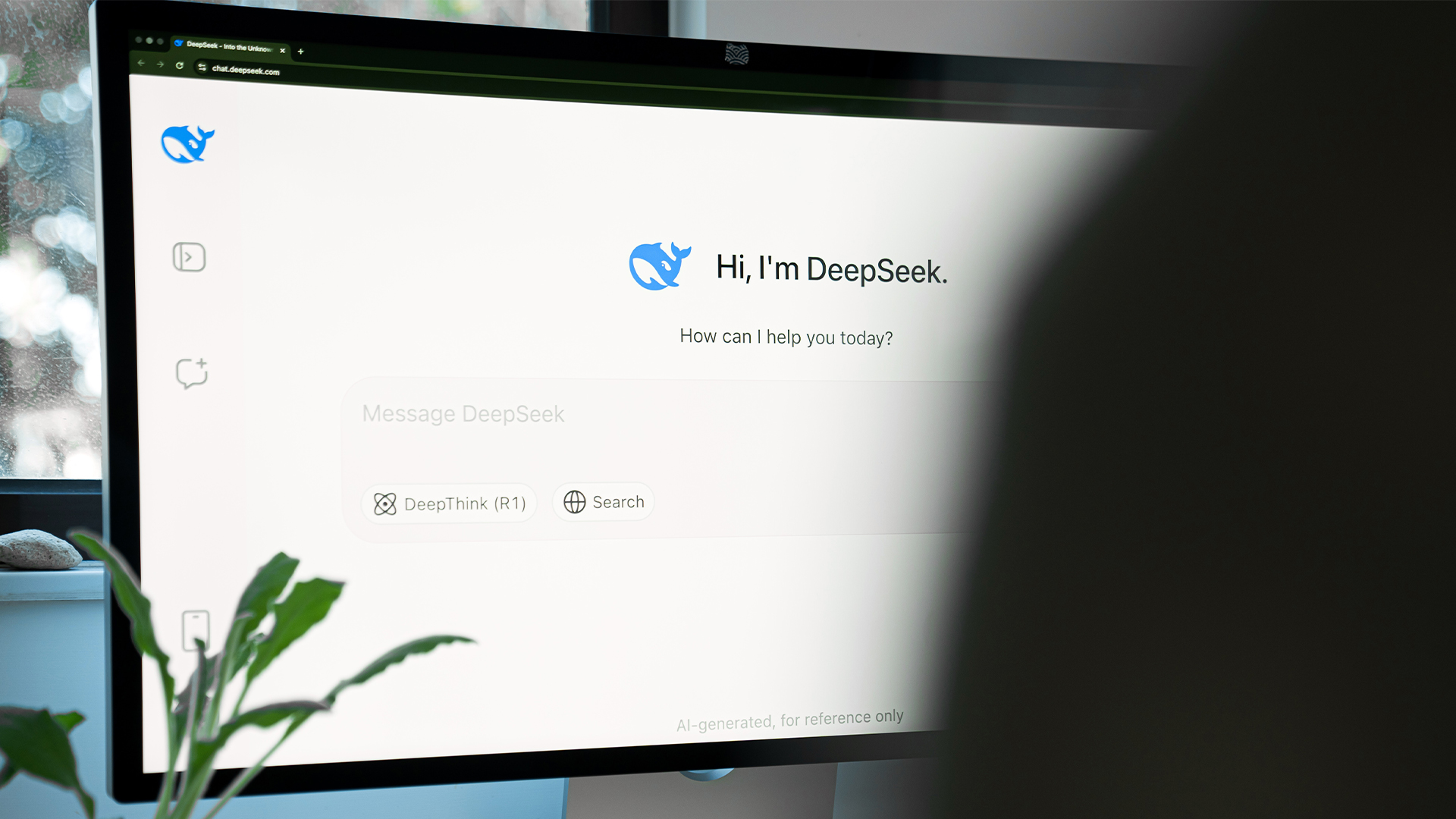 The DeepSeek bombshell has been a wakeup call for US tech giants
The DeepSeek bombshell has been a wakeup call for US tech giantsOpinion Ross Kelly argues that the recent DeepSeek AI model launches will prompt a rethink on AI development among US tech giants.
By Ross Kelly Published
-
 OpenAI unveils its Operator agent to help users automate tasks – here's what you need to know
OpenAI unveils its Operator agent to help users automate tasks – here's what you need to knowNews OpenAI has made its long-awaited foray into the AI agents space
By Nicole Kobie Published
-
 'People use it much more than we expected': Sam Altman says OpenAI is 'losing money' despite launching $200 ChatGPT Pro subscription
'People use it much more than we expected': Sam Altman says OpenAI is 'losing money' despite launching $200 ChatGPT Pro subscriptionNews OpenAI CEO Sam Altman admitted the company is still "losing money" despite launching a $200 per month Pro subscription tier for ChatGPT
By Nicole Kobie Published